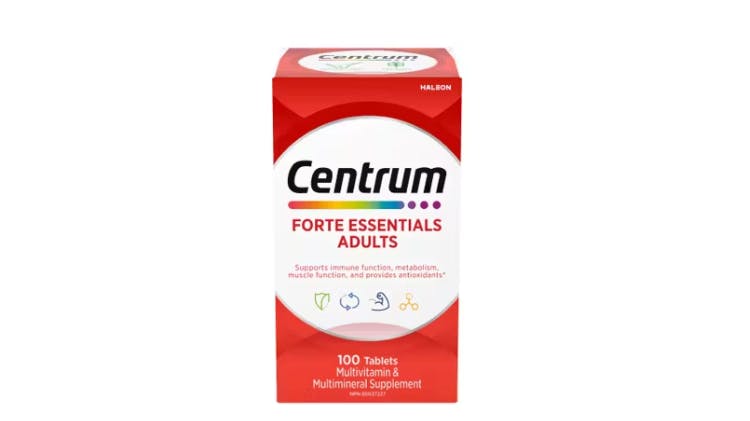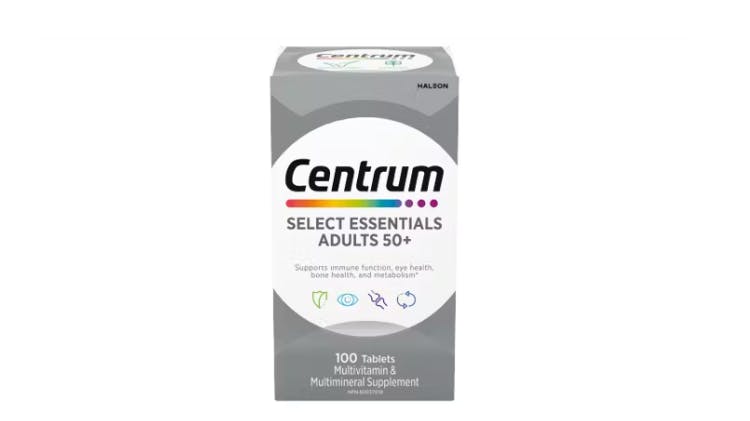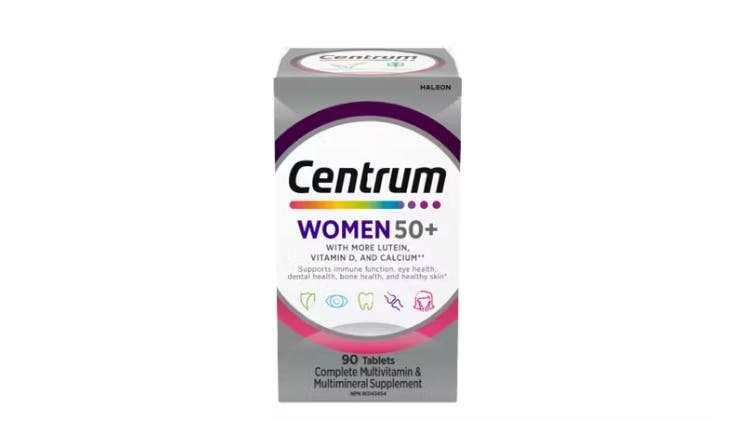Nutritional Support: Overview

Diet is directly related to health at every age and stage of life
Consuming adequate levels of nutrients is necessary for the proper functioning of cells, tissues, and systems in the body. Insufficient amounts of one or more nutrients can compromise growth and development, reduce overall wellbeing, and may contribute to chronic disease.
Good nutrition is related to overall health and wellness

A healthy diet matters
A healthy diet provides protein, fat, and carbohydrates (macronutrients) and 13 essential vitamins and 14 essential minerals (micronutrients) that the body cannot make and must obtain in small amounts from food or other sources.
Micronutrients don’t provide energy, but they do perform hundreds of diverse functions in the body. Vitamins, which are organic compounds, act as coenzymes, hormones, and antioxidants. Minerals, which are inorganic, are antioxidants, participate in the production of hormones and enzymes, and provide structure to bone, teeth, DNA, and lipids, among other functions.1,2
Inadequate macronutrient and micronutrient consumption, as well as excess macronutrient intake, pose significant health problems worldwide, and exist to some extent in every country, including developed areas.3


